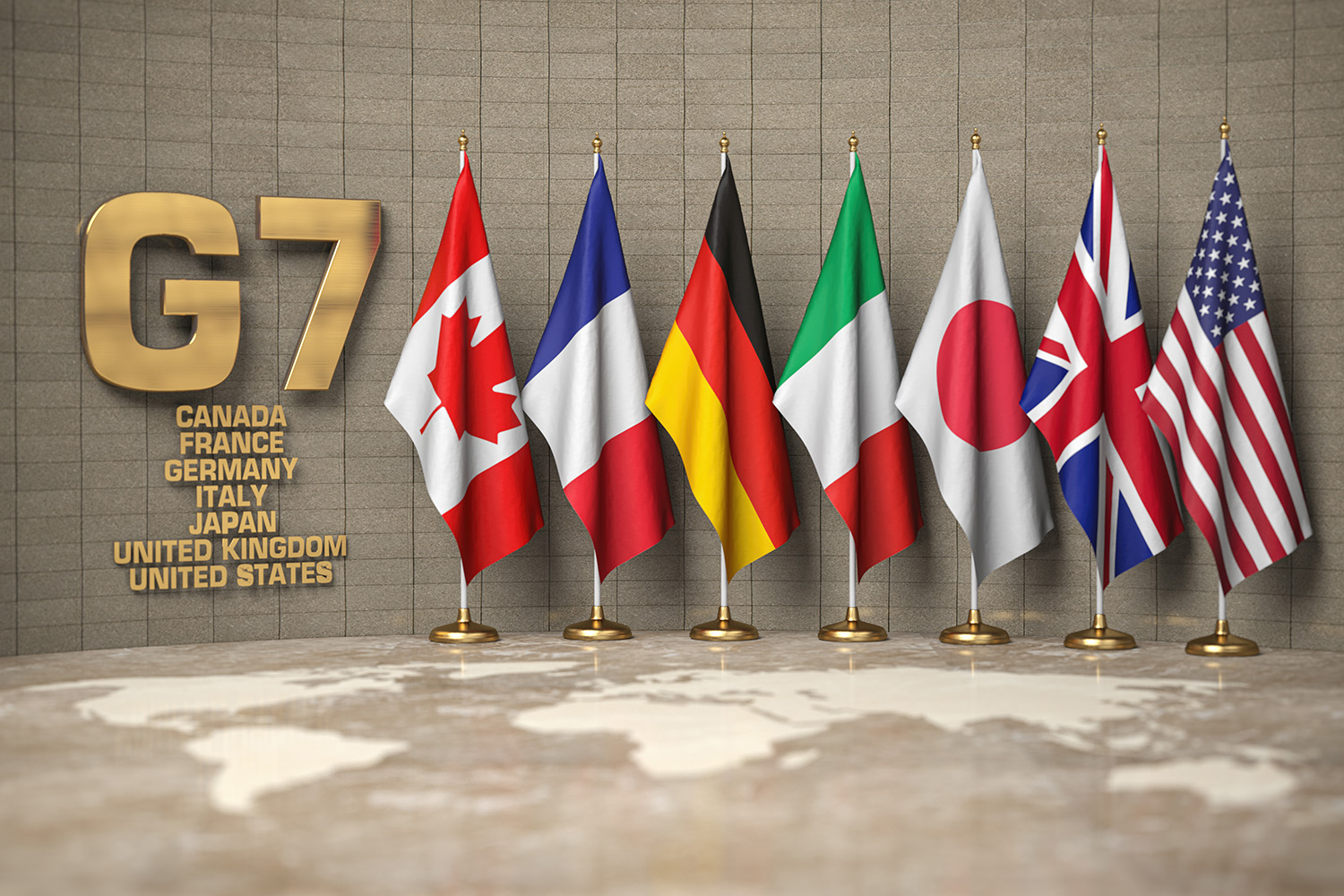Italian Foreign Minister Antonio Tajani has wasted no time taking the reins of the Group of Seven (G-7) presidency, reaching out to his US counterpart, Secretary of State Antony Blinken, to discuss various pressing global challenges and priorities.
In a forty-minute phone conversation, the two leaders addressed issues ranging from the Red Sea crisis, the Middle East conflict, and the ongoing situation in Ukraine to critical topics like artificial intelligence (AI) and the Indo-Pacific region.
Tajani expressed gratitude for the strong transatlantic bond and stressed the importance of collaboration among G-7 partners to address these critical issues.
Global order and crises in focus G-7
One of the central priorities of Italy’s G-7 presidency is the restoration of respect for the international order, which has been significantly disrupted by the Russian war in Ukraine and the ongoing conflict in the Middle East. Tajani emphasized that Italy will continue to draw attention to these issues within the G-7 and the international community.
Furthermore, Italy has positioned itself as a key player in the Indo-Pacific region, seeking to bolster its political, military, and economic influence. Tajani affirmed the G-7’s intention to monitor this rapidly evolving and competitive region closely.
AI regulation with a human-centric approach
Artificial intelligence also takes center stage in the G-7 agenda, with Italy advocating for establishing international regulations that prioritize a human-centric approach and adhere to democratic principles. This focus underscores the importance of responsible AI development and deployment on a global scale.
Secretary Blinken highlighted the urgency of addressing the humanitarian crisis in Gaza and preventing the escalation of conflicts in the Middle East. Italy expressed appreciation for the constructive stance of the US, particularly in adopting the December 22 UN resolution on humanitarian assistance, highlighting the UN’s central role in resolving the crisis.
In addition to the Middle East, the discussion also centered on the Red Sea, where both nations stressed the need for collective multilateral action to counter the threats posed by Iranian-backed Houthi attacks on commercial shipping in the region.
Solidarity with Ukraine
Italy and the US reaffirmed their unwavering support for Ukraine in its efforts to combat Russia’s ongoing aggression. The Italian government pledged continued assistance to Ukraine in 2024, providing military and humanitarian equipment. Tajani also emphasized the importance of reconstruction efforts, highlighting Ukraine’s significance in the G-7’s mission.
Rome’s G-7 presidency extends its natural projection to the Mediterranean region, where Italy is responsible for promoting solutions that foster peace and stability. Alongside the Middle East and Ukraine, the Balkans play a central role, given their strategic importance for the stability of Europe.
Africa: Building equal and mutually beneficial partnerships
Italy is committed to directing the G-7’s attention towards Africa, with the goal of fostering equal, effective, and mutually beneficial partnerships with African countries. This initiative aims to enhance the security and resilience of the African continent.
Tajani reiterated that the stability, security, and prosperity of the Mediterranean and the African continent are central to the G-7’s agenda.
These priorities align with the G-20’s focus on the Global South. Italy has actively worked with India’s 2023 presidency to involve the African Union. It advocates for reforms in the United Nations Security Council to ensure a more democratic and representative institution.




